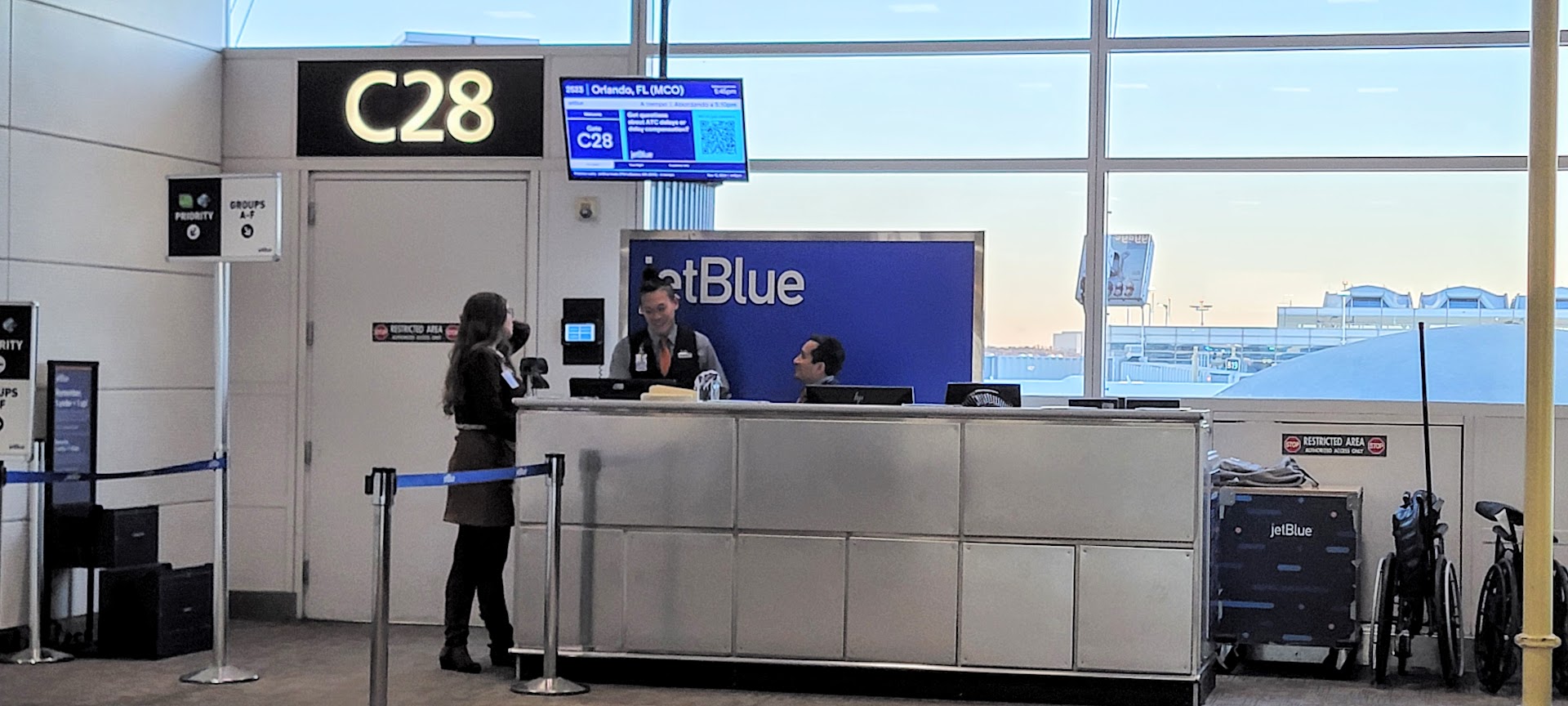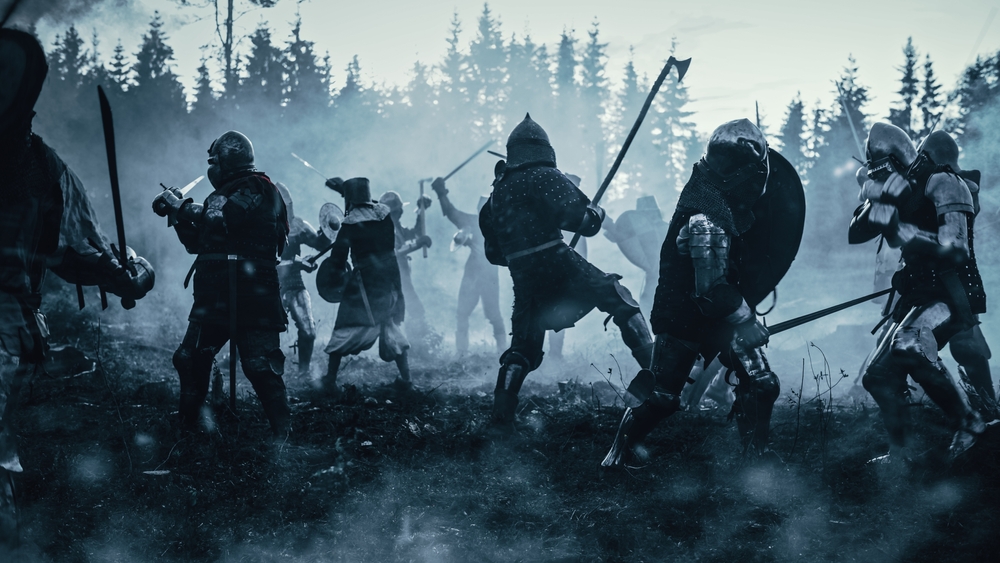New Zealand volcano deemed to have the status of personhood
New Zealand is the first country in the world to give natural geographic features the status of personhood, with all the rights of a human being. It was first done to Te Urewera, a remote area of the North Island, then to the North Island’s Whanganui River. Now CNN and Breaking Views (headlines below) report … Continue reading New Zealand volcano deemed to have the status of personhood

New Zealand is the first country in the world to give natural geographic features the status of personhood, with all the rights of a human being. It was first done to Te Urewera, a remote area of the North Island, then to the North Island’s Whanganui River. Now CNN and Breaking Views (headlines below) report that personhood has been tranted to a third feature, the volcano Mount Taranaki, also on the North Island, and located here:

A bit about it from Wikipedia:
Taranaki Maunga, also known as Mount Egmont) is a dormant stratovolcano and legal person in the Taranaki region on the west coast of New Zealand’s North Island. At 2,518 metres (8,261 ft), it is the second highest mountain in the North Island, after Mount Ruapehu. It has a secondary cone, Fanthams Peak (Māori: Panitahi), 1,966 metres (6,450 ft), on its south side.
It’s a lovely mountain, and yet I didn’t see it when I visited the country a few years ago. Here are two photos from Wikipedia:
The caption for this one is: “Mount Taranaki (Mt Egmont), from Inglewood, New Zealand, 1896”

Click on the headlines below to read. The first article is from CNN, the second from Breaking Views. Quotes will be from CNN unless indicated otherwise.
Although the mountain was apparently sacred to the indigenous Māori people (it was considered an “ancestor”), it was renamed and claimed by Europeans who colonized the country. When the Treaty of Waitangi was signed in 1840, ceding all Māori lands to their respective tribes (the treaty wasn’t signed by all indigenous tribes and has been subject to conflicting interpretations for nearly two centuries), the Māori could reasonably claim that the mountain had been stolen from them. On January 30, the New Zealand government redressed this appropriation by giving the mountain the same status as a human being. From CNN:
A mountain in New Zealand considered an ancestor by Indigenous people was recognized as a legal person on Thursday after a new law granted it all the rights and responsibilities of a human being.
Mount Taranaki — now known as Taranaki Maunga, its Māori name — is the latest natural feature to be granted personhood in New Zealand, which has ruled that a river and a stretch of sacred land are people before. The pristine, snow-capped dormant volcano is the second highest on New Zealand’s North Island at 2,518 meters (8,261 feet) and a popular spot for tourism, hiking and snow sports.
The legal recognition acknowledges the mountain’s theft from the Māori of the Taranaki region after New Zealand was colonized. It fulfills an agreement of redress from the country’s government to Indigenous people for harms perpetrated against the land since.
How can a mountain be a person?
The law passed Thursday gives Taranaki Maunga all the rights, powers, duties, responsibilities and liabilities of a person. Its legal personality has a name: Te Kāhui Tupua, which the law views as “a living and indivisible whole.” It includes Taranaki and its surrounding peaks and land, “incorporating all their physical and metaphysical elements.”
A newly created entity will be “the face and voice” of the mountain, the law says, with four members from local Māori iwi, or tribes, and four members appointed by the country’s Conservation Minister.
The vote on giving the mountain personhood was unanimous in Parliament: 123 to 0. It’s not completely clear to me what “personhood” means, except that the Māori get to be guardians of the mountain. Here’s a bit from CNN:
The mountain’s legal rights are intended to uphold its health and wellbeing. They will be employed to stop forced sales, restore its traditional uses and allow conservation work to protect the native wildlife that flourishes there. Public access will remain.
And from Breaking Views:
The legislation, passed by Labour in 2023, recognises Mount Taranaki, alongside its companion peaks, as a living ancestor with its own identity and rights.
. . . . The park surrounding Mount Taranaki will be renamed Te Papa-Kura o Taranaki, with management plans requiring dual approval from the conservation minister and iwi leaders.
Under the Taranaki Maunga Collective Redress Bill, an oversight committee (Te Tōpuni Kōkōrangi) of four iwi and four Crown representatives will govern and set cultural and spiritual values.
A conservation board, including three iwi representatives, will work with the Department of Conservation on daily management. All governance costs will be funded by the Crown. [The New Zealand government.]
There are a couple of issues here. As I said, I have no objection to giving the mountain special conservation status and letting the Māori have most of the governance, though this could create a slippery-slope situation in which every geographic feature could be considered special to the Māori before colonization.
But what is added by giving the mountain “personhood”? As far as I can see, nothing substantive save the recognition that the mountain is an “ancestor”. Yet that formalizes a supernatural belief, which should not be the case. Everything else, like damaging the mountain, building forbidden structures on it and the like, can come under the rubric of conservation.
But, as you can see by the unanimous vote, Kiwis of European-ancestry are in no mood to buck the tide of the sacralization of indigenous claims. Would we name the Grand Canyon as a “person” (“Mr. Canyon”?) if a Native America group regarded it as sacred? Mt. McKinley was renamed, Mt. Denali as that was the traditional name of the local indigenous people. I have no issue with that (Trump, of course, wants to remove the indigenous name), but if the mountain was seen to have spiritual or sacred properties (I doubt that it did, but can find no information), should we deem the mountain a person?
As far as I can see, considering geographic features “people” because they had supernatural and spiritual aspects is a violation of the First Amendment. Now New Zealand has no such provision (it doesn’t even have a constitution), so the government can do what it wants. And what it wants is to give the Māori exactly what they demand.
And all of this is happening at a fraught time in New Zealand’s politics. What is happening is that there is a government bill to codify the provisions of the Treaty of Waitangi so they can become clear law, instead of the nebulous provisions (there are different translations and different interpretations) that people cite to justify what they want. (A common theme you’ll see here is the Māori reliance on the treaty to demand equal rights to teach their “ways of knowing” in schools, a demand that cannot possibly be derived from the three provisions of the Treaty.) In other words, the bill would create a sort of New Zealand constitution based on the Treaty.
But the bill is not going to pass. As CNN says:
The unity provided brief respite in a tense period for race relations in New Zealand. In November, tens of thousands of people marched to Parliament to protest a law that would reshape the Treaty of Waitangi by setting rigid legal definitions for each clause. Detractors say the law — which is not expected to pass — would strip Māori of legal rights and dramatically reverse progress from the past five decades.
The “progress” to which they refer is largely the increasing hegemony of Māori rights and privileges over the past five decades, to the point that, though they constitute only 18% of the inhabitants, they claim at least half of the rights: a huge form of affirmative action. Now it’s clear that Māori were mistreated and subject to bigotry in the past, but what we see happening in New Zealand now is not just an attempt to create equal opportunities for all, or even equity for all groups (to me the former is okay while the latter is not). The goal is larger than equity: to try to create a Super Equity in which indigenous people get at least half of everything, including half the time in science class.
That would be a debacle, but it’s happening, and it will happen far beyond the schools. The result will be the erosion of merit in favor of identity—exactly what has happened in the U.S.
New Zealand really does need a bill like this, but it needs a Constitution even more. Neither will come to pass.
Oh, and I would be remiss if I didn’t add that in the U.S., corporations have been granted certain privileges and responsibilities of “personhood”, including the right to be sued and to be subject to civil or criminal charges. I have no dog in that fight, but there’s nothing spiritual or sacred about it.
h/t: Christopher

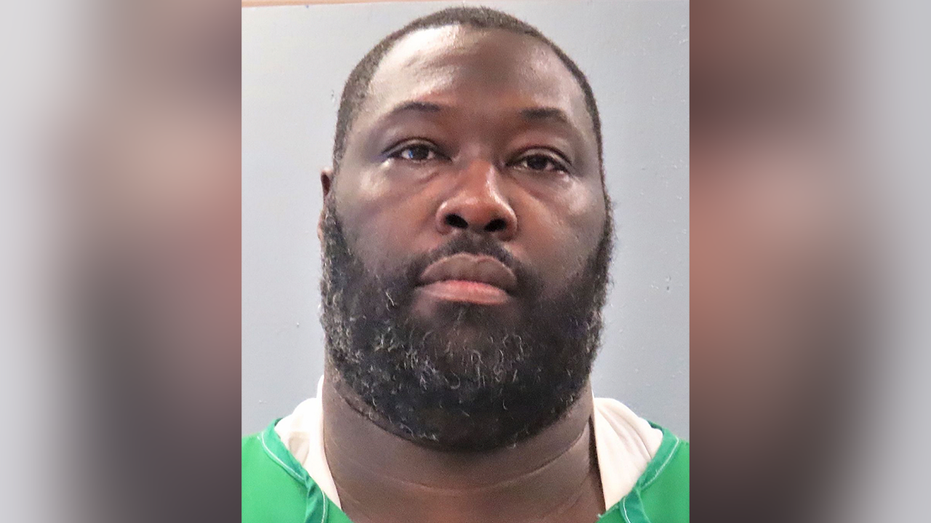
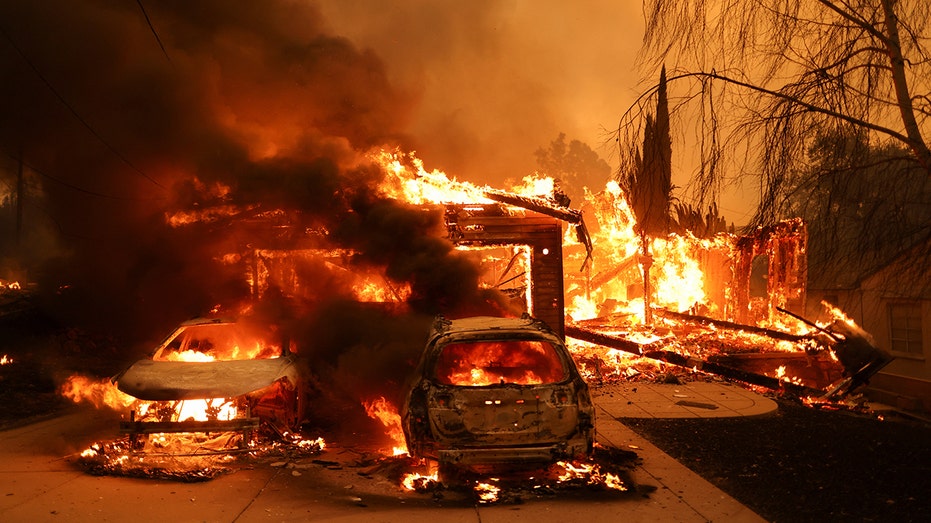
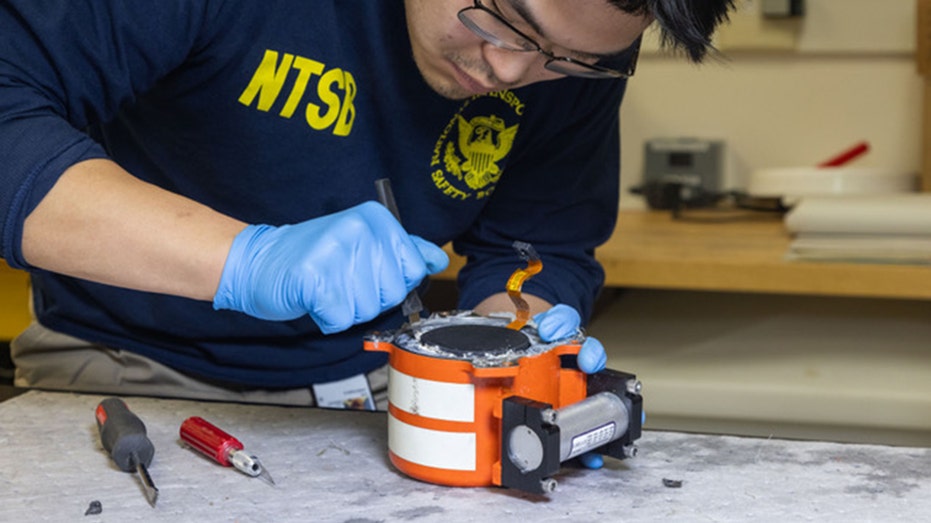

















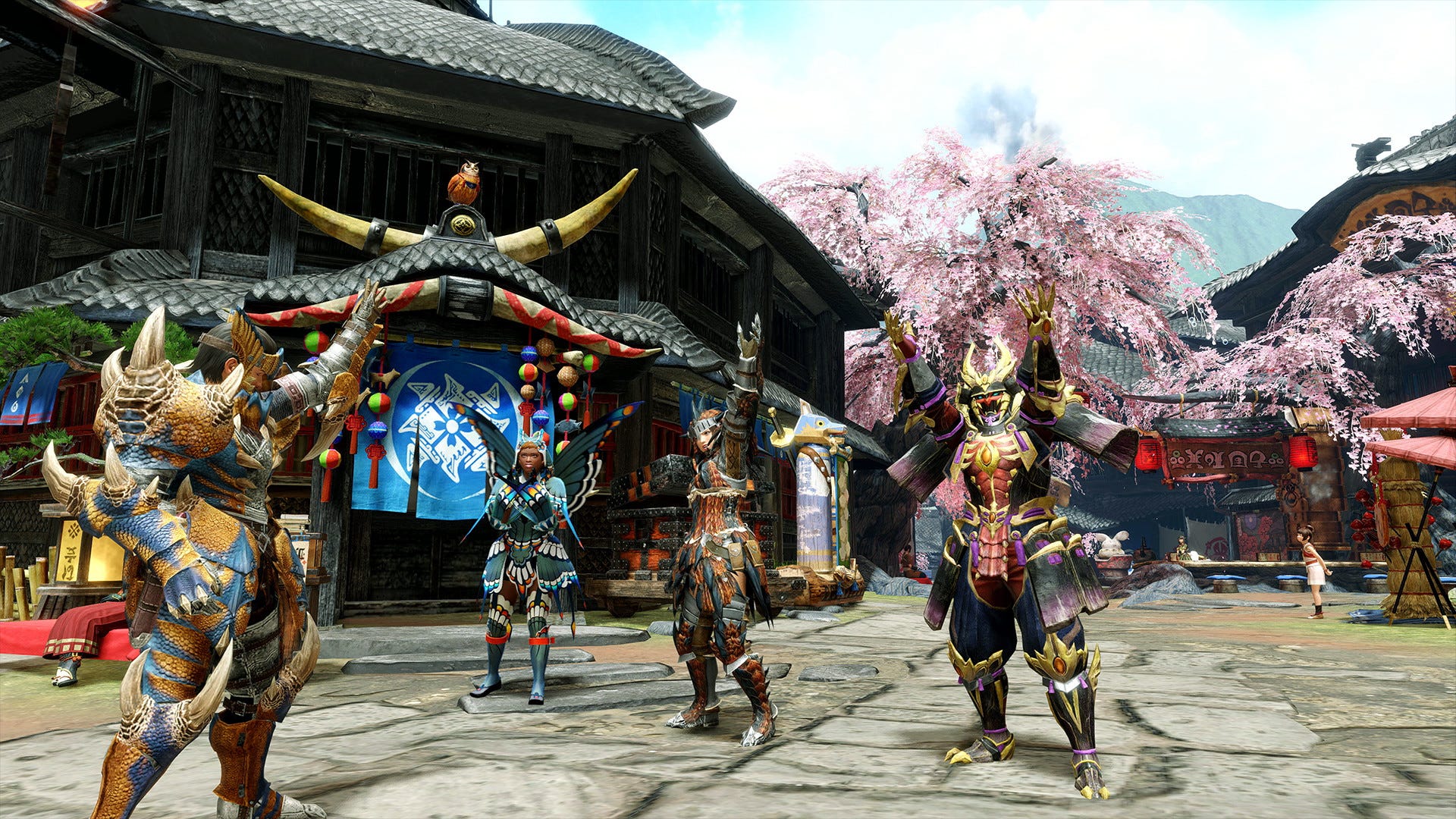












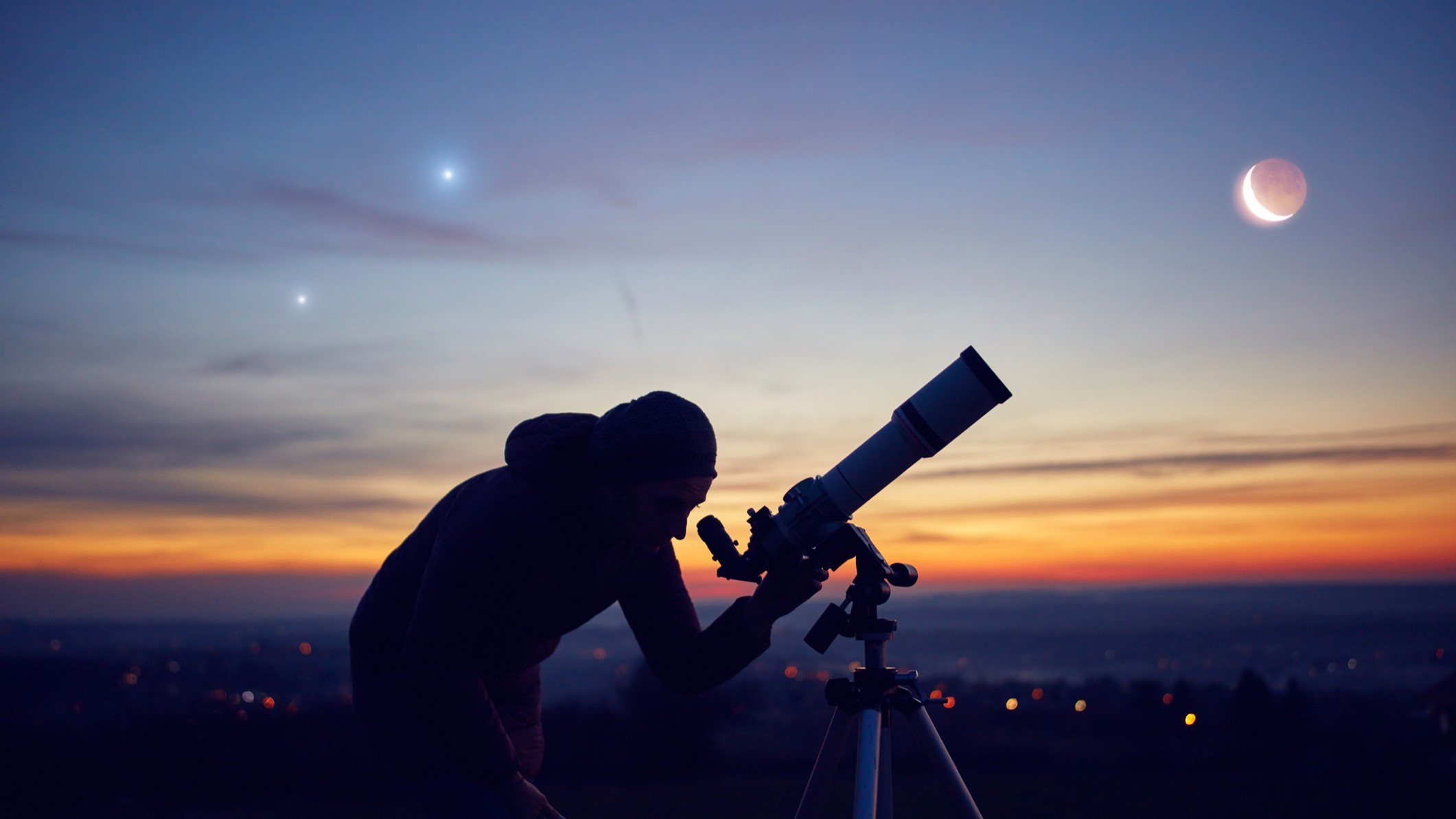
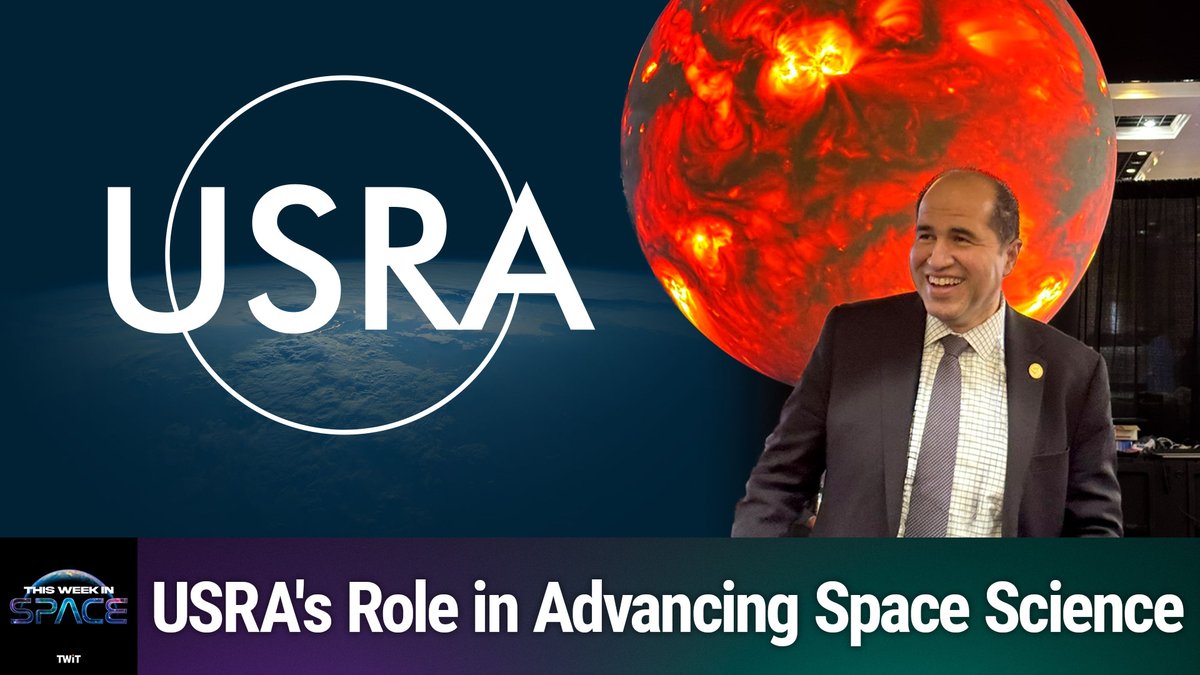
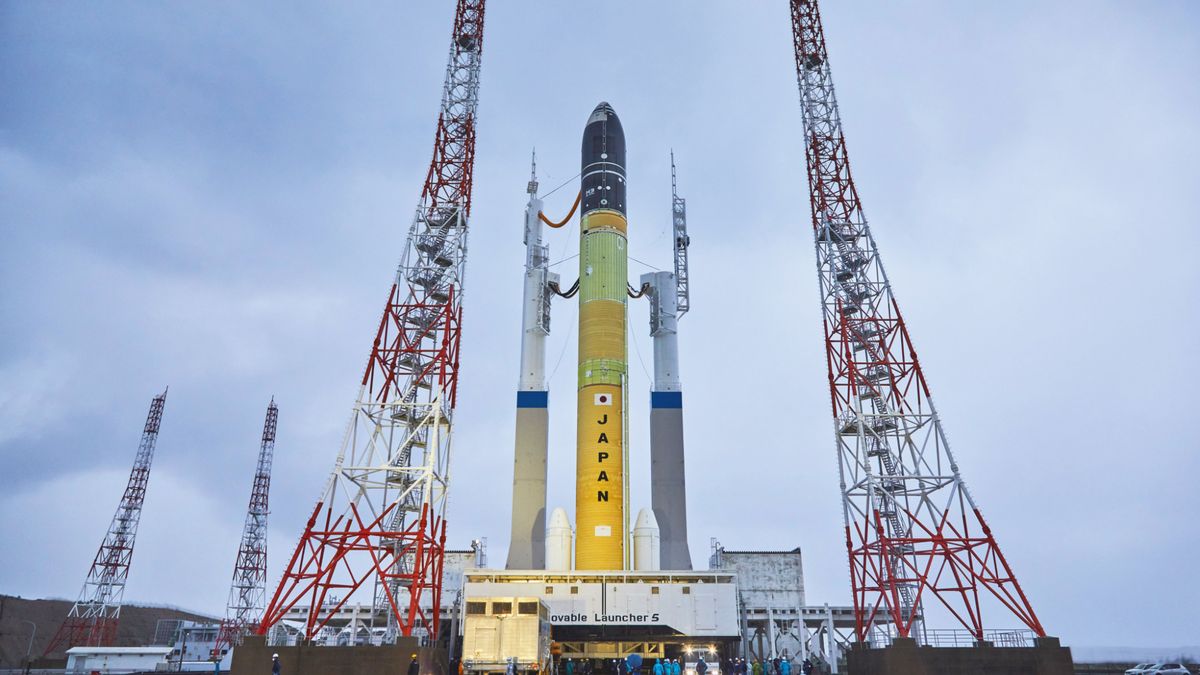
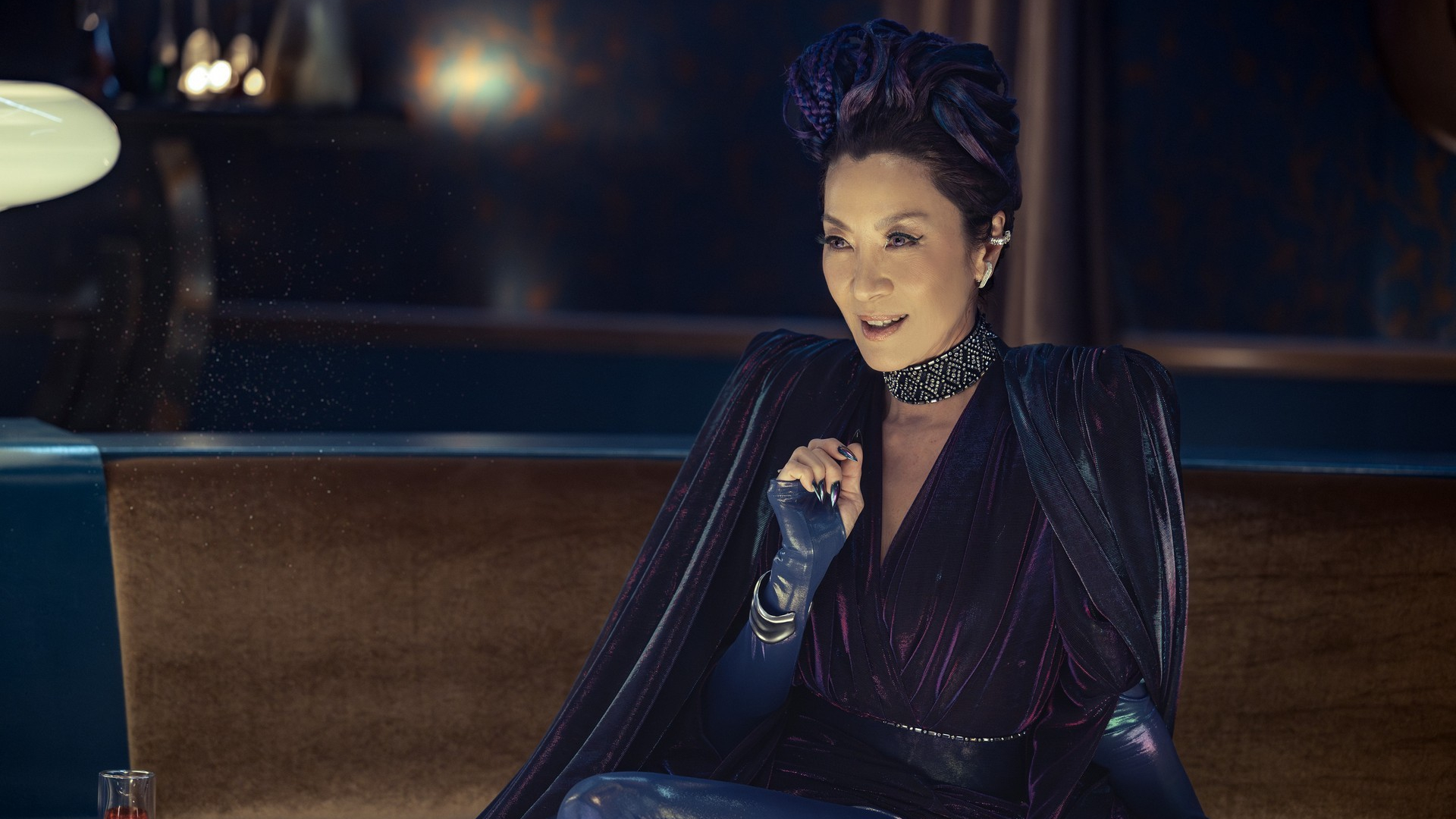






![United Lounge Hack: Flyers Are Cooking Up Secret Breakfast Sandwiches—Would You Try It? [Roundup]](https://viewfromthewing.com/wp-content/uploads/2025/01/united-mcmuffin.webp?#)
